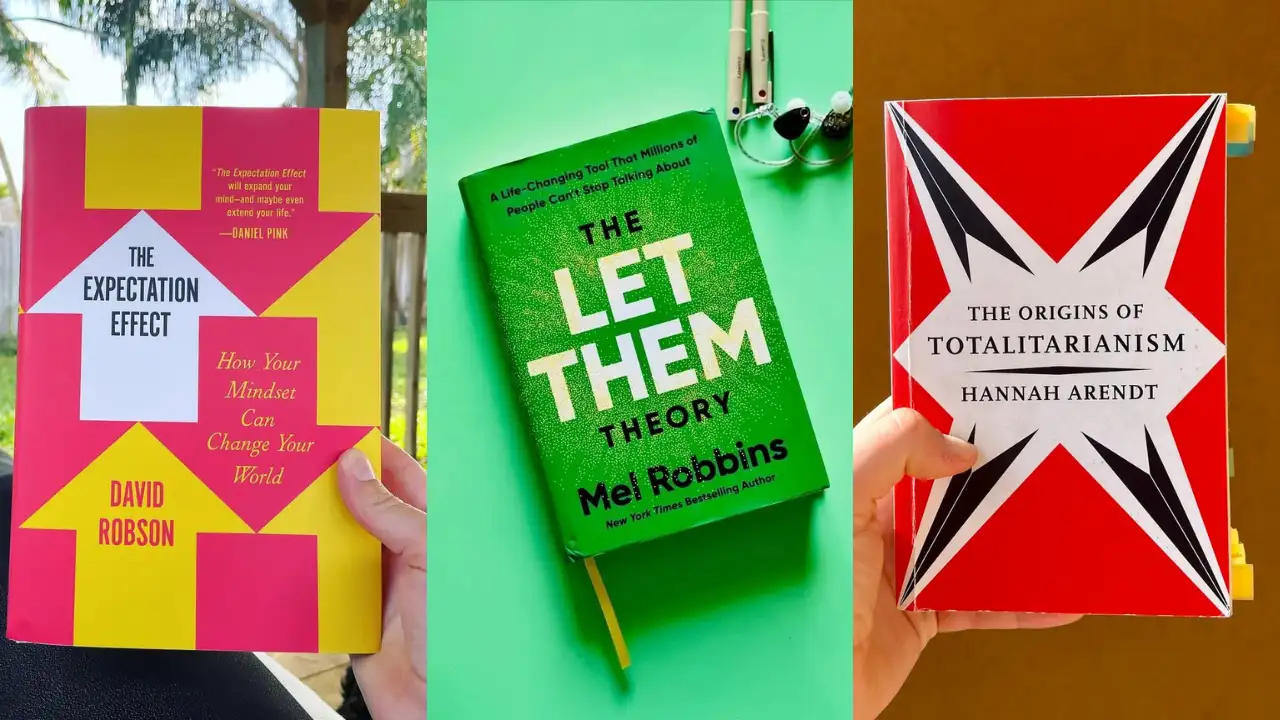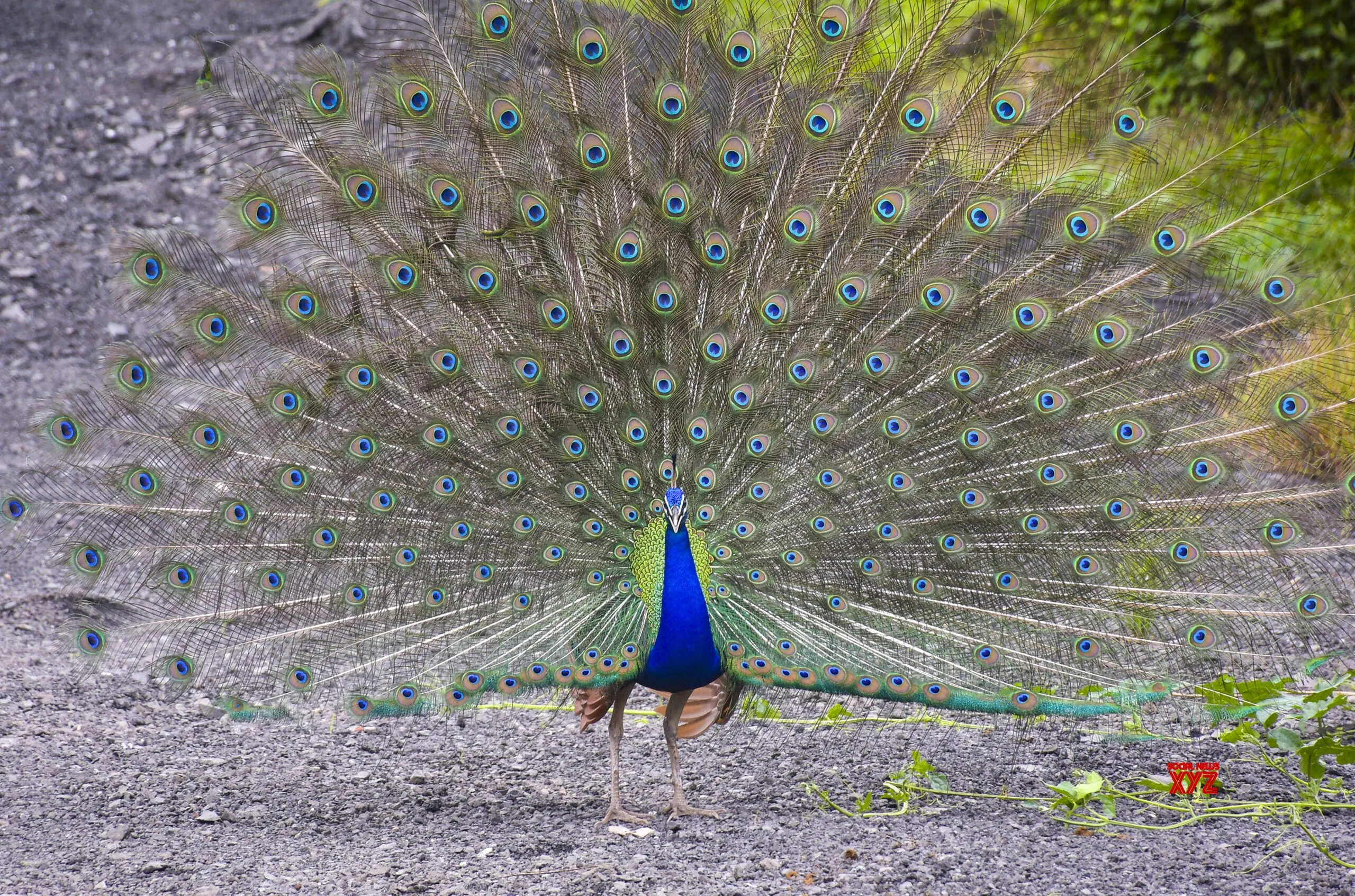By Girish Shukla
Copyright timesnownews

Some books comfort. Others provoke. The following twelve belong to the second category. They invite you to question long-held assumptions about truth, morality, identity, and meaning itself. Each of these works, spanning philosophy, memoir, and psychology, unsettles and enlightens in equal measure. They do not offer easy answers, but instead push you into the rich territory of doubt, growth, and deeper awareness. Also Read: 12 Life-Changing Books That Help You Find Who You Are Beneath the Noise 1. The Scout Mindset by Julia Galef Galef distinguishes between the soldier mindset, which protects existing beliefs, and the scout mindset, which pursues truth even when it is uncomfortable. With examples drawn from politics, science, and everyday life, she encourages readers to step out of defensive thinking and adopt intellectual honesty. It is a book about courage and clarity, showing that curiosity can be more powerful than certainty. Galef’s framework equips us to recognise biases, confront illusions, and make wiser decisions in a complex, confusing world. 2. The Conspiracy Against the Human Race by Thomas Ligotti Ligotti, famed for his horror fiction, turns to philosophy in this bleak but riveting exploration of pessimism. Drawing inspiration from Schopenhauer and Zapffe, he argues that human consciousness may be a curse rather than a gift. The book questions the assumption that life is inherently good, suggesting instead that existence itself is tragic. This unsettling thesis forces readers to examine the optimism embedded in culture. It is disturbing but oddly clarifying, a book that makes you look directly into the abyss. 3. Atheist Mind, Humanist Heart by Lex Bayer and John Figdor Bayer and Figdor construct a framework for morality without religion, proposing ten “non-commandments” that centre responsibility, empathy, and truth-seeking. Their aim is not to reject spirituality but to show that ethical living can thrive outside divine authority. Written with clarity and rigour, the book encourages readers to wrestle with what morality means when it is grounded only in human reason. For those used to inherited moral frameworks, it provides a liberating and sometimes uncomfortable path towards ethical independence. 4. Dharma: Decoding the Epics for a Meaningful Life by Amish Tripathi and Bhavna Roy This book re-examines the Indian epics through a modern lens, focusing on dilemmas, contradictions, and the responsibilities of choice. Tripathi and Roy argue that dharma is not blind obedience but an active process of questioning and interpretation. For readers steeped in traditional readings, it is both unsettling and liberating. By highlighting the moral complexity of the Mahabharata and Ramayana, the book shows that ancient wisdom is less about certainty and more about navigating ambiguity in pursuit of a meaningful life. 5. The Let Them Theory by Mel Robbins Robbins introduces a deceptively simple but transformative idea: peace often comes from letting others be exactly who they are. Instead of burning energy trying to control or correct, we free ourselves by stepping back. Though it may feel counterintuitive, the theory reframes control as illusion. The book is practical, liberating, and radical in its simplicity. It questions our cultural obsession with managing outcomes, reminding us that resilience often arises not from force but from graceful detachment. 6. The Road to Character by David Brooks Brooks challenges readers to reconsider what makes a life truly meaningful. He contrasts “résumé virtues” such as career success with “eulogy virtues” like kindness, humility, and integrity. Through portraits of historical figures, he explores how moral depth often emerges from struggle and self-reflection. The book dismantles the cultural fixation on achievement, urging readers to cultivate inner strength. It is an invitation to place character above accomplishment and to value the quieter virtues that endure long after recognition fades. 7. The Origins of Totalitarianism by Hannah Arendt Arendt’s classic work traces how totalitarian regimes emerge from propaganda, mass movements, and the manipulation of collective fear. Written in the aftermath of World War II, its insights remain uncomfortably relevant today. The book warns against complacency, revealing how fragile democracy can be when myths and falsehoods take root. Arendt compels readers to question political narratives and recognise the dangers of blind conformity. It is a sobering reminder that freedom requires vigilance, reflection, and resistance to seductive illusions. 8. As a Man Thinketh by James Allen Allen’s early twentieth-century classic is deceptively slim but powerful. It argues that the outer circumstances of life are shaped directly by inner thought. For modern readers, its challenge lies in its demand for complete accountability: every failure and success is linked to mental patterns. Rather than offering comfort, it forces uncomfortable honesty about responsibility. The simplicity of its style ensures accessibility, but the depth of its insight has influenced countless later thinkers. It remains one of the most provocative self-examination texts. 9. Man’s Search for Himself by Rollo May May’s book examines the existential anxieties of modern life, from alienation to fear of freedom. Unlike more abstract philosophers, he writes with psychological clarity, urging readers to take responsibility for shaping their own meaning. The book challenges the belief that purpose can be handed down by culture or tradition. Instead, May insists that authenticity comes from confronting inner conflict and uncertainty. His compassionate but demanding approach makes the book a powerful guide for anyone seeking courage in a fragmented age. 10. The Righteous Mind: Why Good People Are Divided by Politics and Religion by Jonathan Haidt Haidt combines moral psychology, anthropology, and philosophy to explore why societies fracture over politics and religion. He argues that morality is guided more by intuition than by rational debate, unsettling the common belief that logic shapes convictions. By examining the cultural and evolutionary roots of moral reasoning, Haidt challenges readers to rethink polarisation. The book encourages empathy across ideological divides, showing how understanding differences can strengthen, rather than weaken, community. It is both humbling and transformative in its implications. 11. Why Buddhism is True by Robert Wright Wright combines evolutionary psychology and Buddhist philosophy to argue that the mind often deceives us. By exploring concepts like mindfulness, craving, and the self as illusion, he confronts the idea that our thoughts represent reality. The book questions the assumption that happiness lies in fulfilling desires, suggesting instead that liberation comes from recognising their emptiness. For those sceptical of spirituality, Wright provides a scientific bridge, making Buddhism a profound lens through which to re-examine identity and meaning. 12. The Expectation Effect by David Robson Robson reveals how beliefs and expectations can directly shape physical health, mental performance, and emotional well-being. Drawing on cutting-edge psychology and neuroscience, he shows that mindset influences everything from memory to metabolism. The book challenges the notion that outcomes are fixed, arguing instead that perception often creates reality. Through accessible science and real-world stories, Robson empowers readers to harness expectation for growth. It is an eye-opening work that demonstrates how thinking differently can quite literally change how we live. Also Read: 12 Life-Changing Books That Show You How to Live Instead of Just Hustle These twelve books are united by their ability to unsettle. They confront optimism, tradition, rationality, and even the definition of self. Each demands courage, because to read them is to risk changing your mind. Yet they also provide liberation, showing that certainty is not the same as wisdom. To embrace them is to embrace a more questioning, awake, and ultimately freer way of being.



